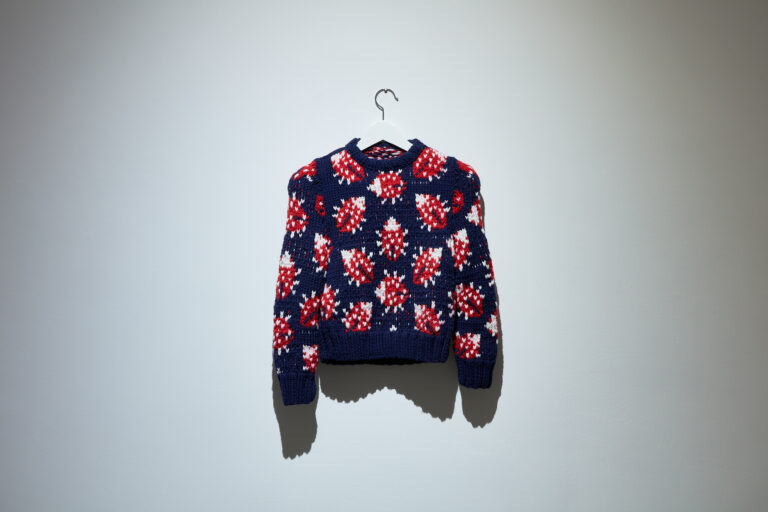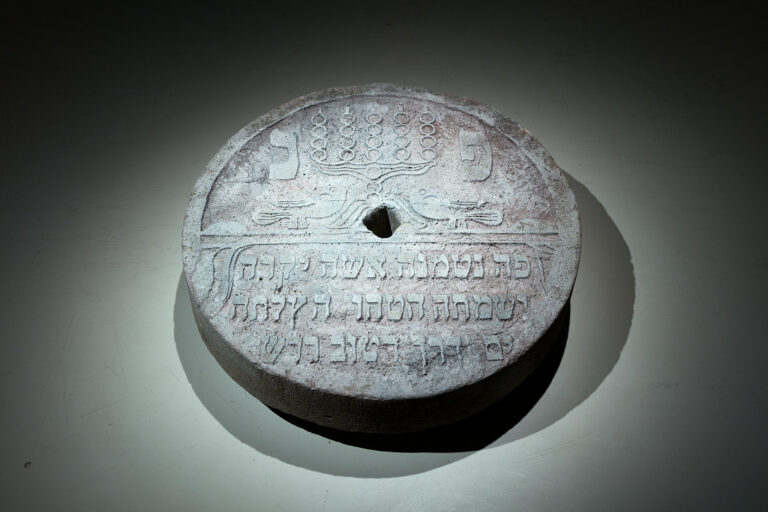Project name
Vanishing Points 4.0
Year
2021/22
Curator
Tamás Don


photos from the exhibition
A Slower Dawn! Vanishing Points 4.0 – Contemporary reflections on antisemitism and Jewish identity after the fall of the Iron Curt
On 28 January 2022 (Friday) at 6 pm, Dr. Ildikó Barna, sociologist, anti-Semitism researcher, Ádám Schönberger, cultural manager, president of MAROM and Szabolcs KissPál, visual artist will give a guided tour with curator Tamás Don at the exhibition "Slow Dawn! Points of Departure 4.0 - Contemporary Reflections on Anti-Semitism and Jewish Identity at the time of the regime change. The participants in the discussion will outline the formation of Jewish identity and anti-Semitism in the post-war period and its institutional context through the works on display.
The program is free of charge and all are welcome!
Dr. Ildikó Barna is a sociologist, habilitated associate professor at the Faculty of Social Sciences of ELTE, head of the Methodology Department of Social Research. Her research interests include anti-Semitism, xenophobia, Holocaust survivors and sociological research on archival data. His research interests have recently turned to the study of online hate speech. Ildikó Barna is currently working on research projects including "Hungarian Jewish Stateless Persons and Refugees after the Holocaust" and "Modern Anti-Semitism in the Visegrad Countries". She is a member of the SPECTRA (Social prerequisites for the effective fight against bias-motivated crimes through criminal law and minority rights protection) Research Group of the MTA-ELTE Lendület. He is a Bolyai János Research Fellow of the Hungarian Academy of Sciences.
Szabolcs KissPál's main areas of interest are the intersection of new media, visual arts and social issues. In recent years, his projects, which include documentary-fiction elements, have dealt with the role of national mythologies in creating national consciousness. He has taught and held master courses at several universities (Slovakia, Germany, France, etc.) and is currently Associate Professor at the Department of Intermedia at the Hungarian University of Fine Arts. His works have been exhibited at the Venice Biennale, ISCP and Apexart in New York, the Stedelijk Museum in Amsterdam, the International Media Biennale in Seoul, the National Museum of Contemporary Art in Bucharest and the Ernst Museum in Budapest, among others, 2B Gallery, Deák Erika Gallery, Liget Gallery, Stúdió Gallery, Óbudai Társaskör Gallery in Budapest and OFF-Biennale Budapest. Between 2012 and 2015, she initiated and participated in a variety of art activist projects.
Ádám Schönberger is a founding member and current leader of the Jewish youth cultural organisation Marom Klub Association, which has been active since 1999. He studied literature and communication. He is the coordinator and program organiser of the Aurora Civic Centre and the Bánkitó Festival, which were established as projects of the Marom Klub Association, and a founding member and driving force of the grassroots, independent Dor Hadas Jewish community. He has been involved in alternative theatre productions for twenty years and is a member of the Hagesher band, which combines klezmer, Balkan and folk music elements with hip hop and funk.
Artists: Kitti Gosztola, Ferenc Gróf, Szabolcs KissPál, Csilla Nagy, György Bence Pálinkás
In addition to political and economic changes, the change of regime has also significantly transformed society. It has also brought to the surface many taboos that could only be discussed to a limited extent during the decades of socialism, both at a personal and at social level. Such was the case with the question of Jewish origin, and the (re)discovery of Jewish identity for many people can be traced back to the 1990s: organizations, groups, schools, and other initiatives were formed as part of the institutional system that was taking shape, and religious life was visibly reviving. At the same time, anti-Semitism, which had also existed below the surface during the Kádár era, gained ground in public discourse and publicist articles. In their works for the exhibition, the invited artists respond to these developments and point to the social and historical connections between the period of regime change and the present.
The Points of Presence project series, launched in 2015, focuses on anti-Semitism and Jewish identity in different periods of the 20th century. The first focus was on the sites in Budapest that served as tragic scenes of the Arrow Cross takeover and German occupation in 1944-45. In the second edition, the invited artists explored the events of the period between 1945 and 1948. During these historically decisive three years, there were a number of pogroms, blood libels, and lynchings of Jews throughout the country, which are at most traces in historical research, but until recently have not been in the public consciousness. The latest part of the Points of Departure dealt with the early Kádár era. The exhibition deliberately challenged the still widespread perception that anti-Semitism did not exist in the 1950s and 1960s. As a logical step forward, the exhibition, the fourth in the series, explores the themes of anti-Semitism and Jewish identity in the period of regime change.
Sponsored by Tom Lantos Institute, National Cultural Fund, Jewish Culture 2028, Káli Kövek